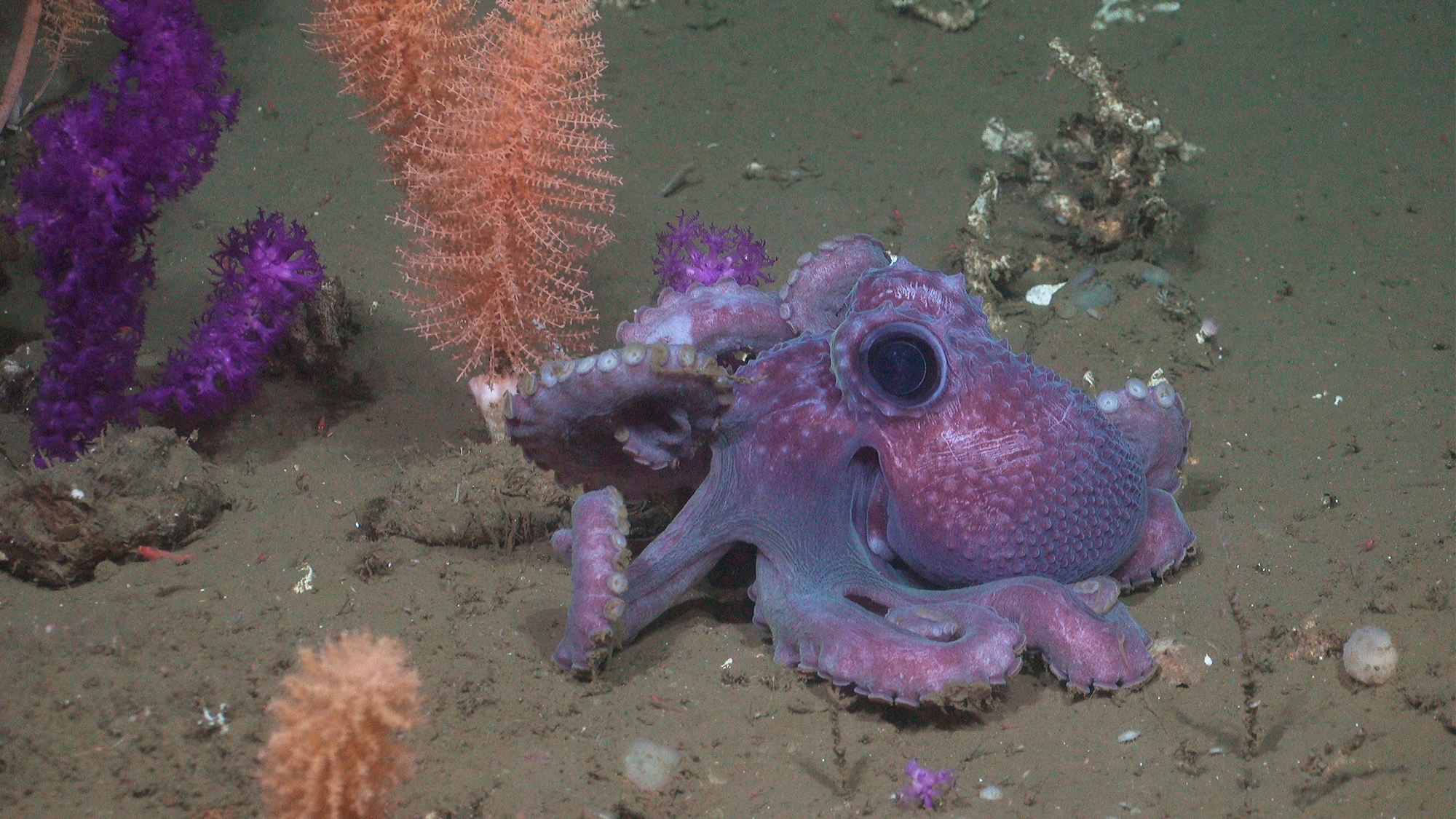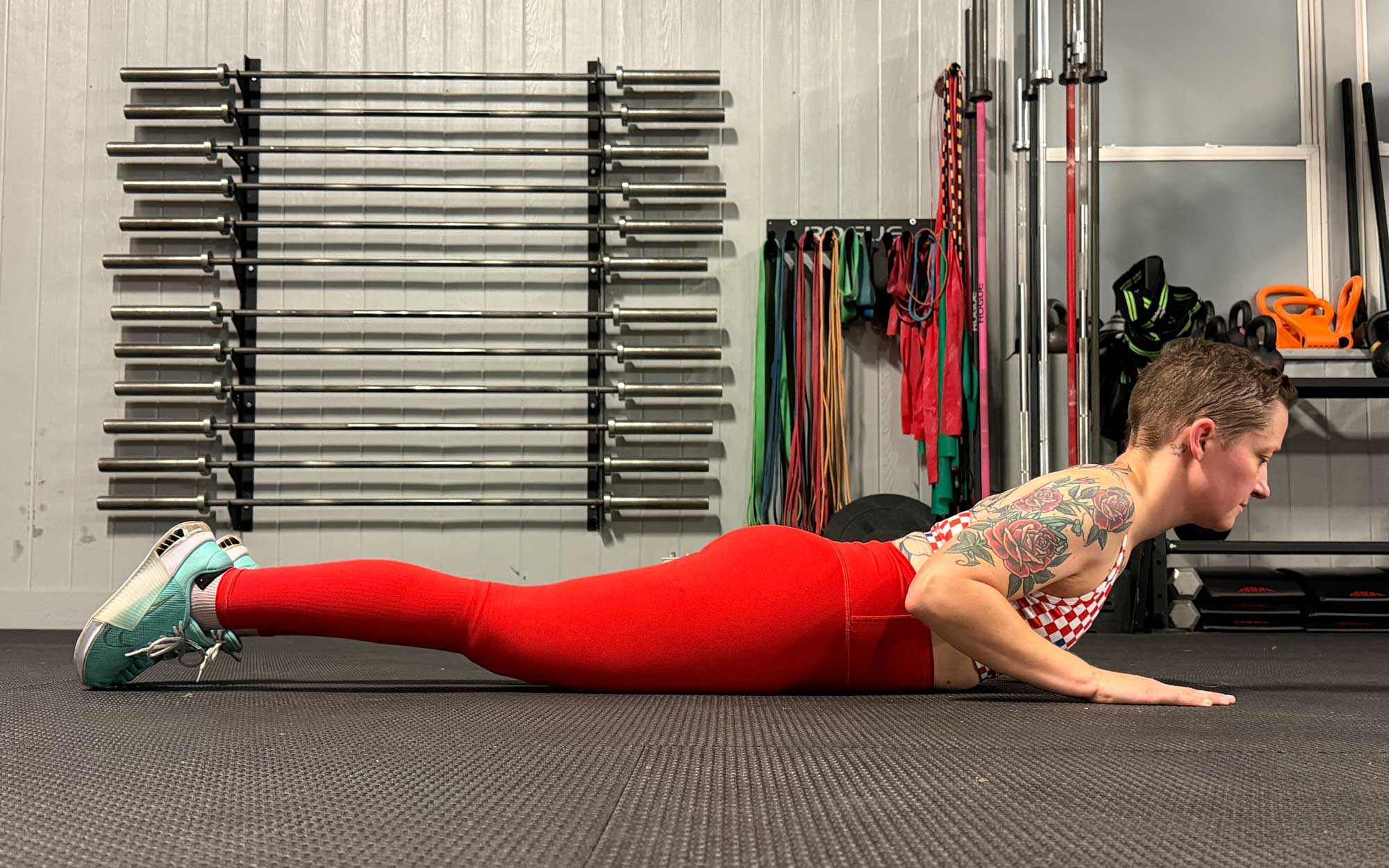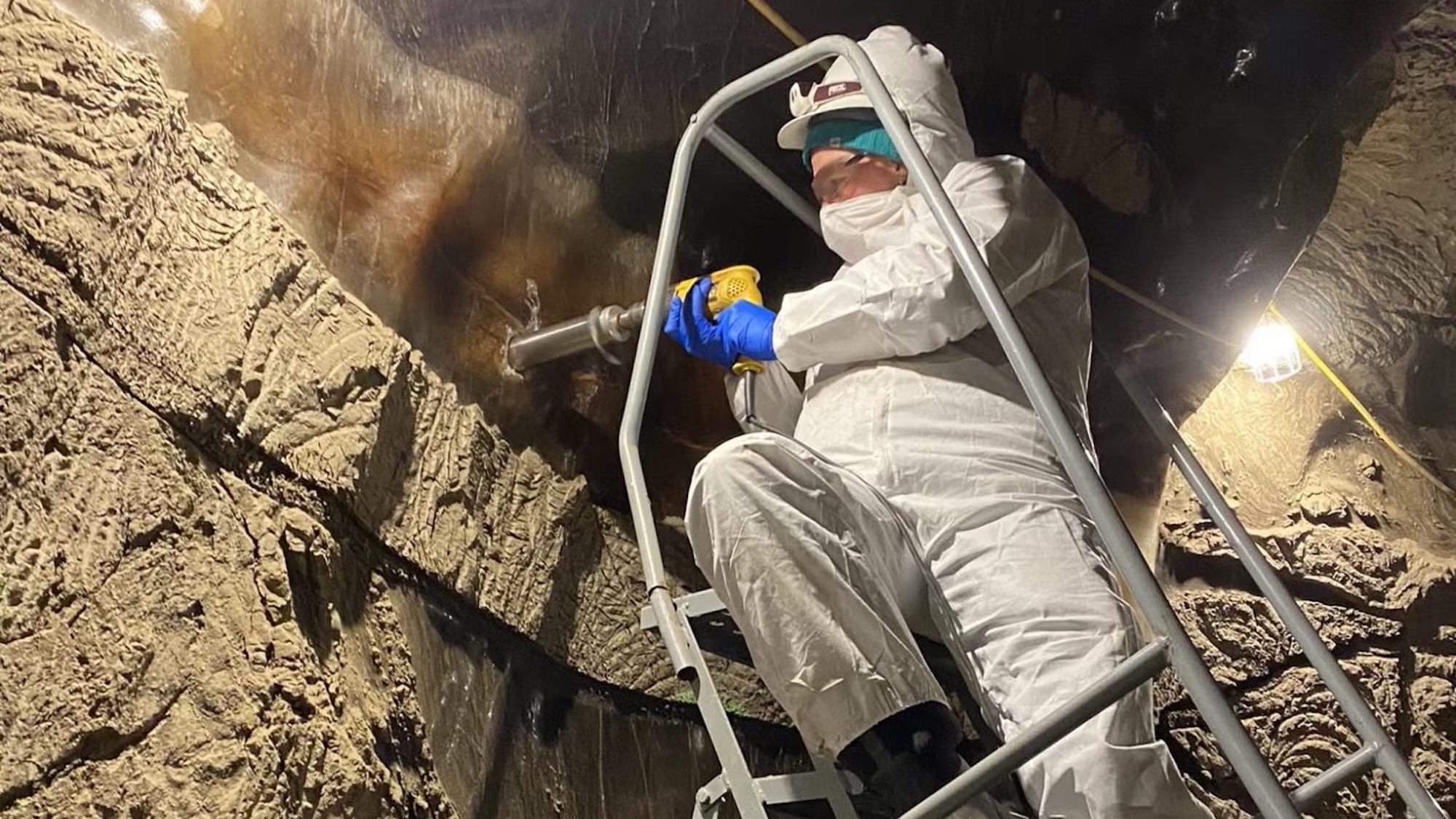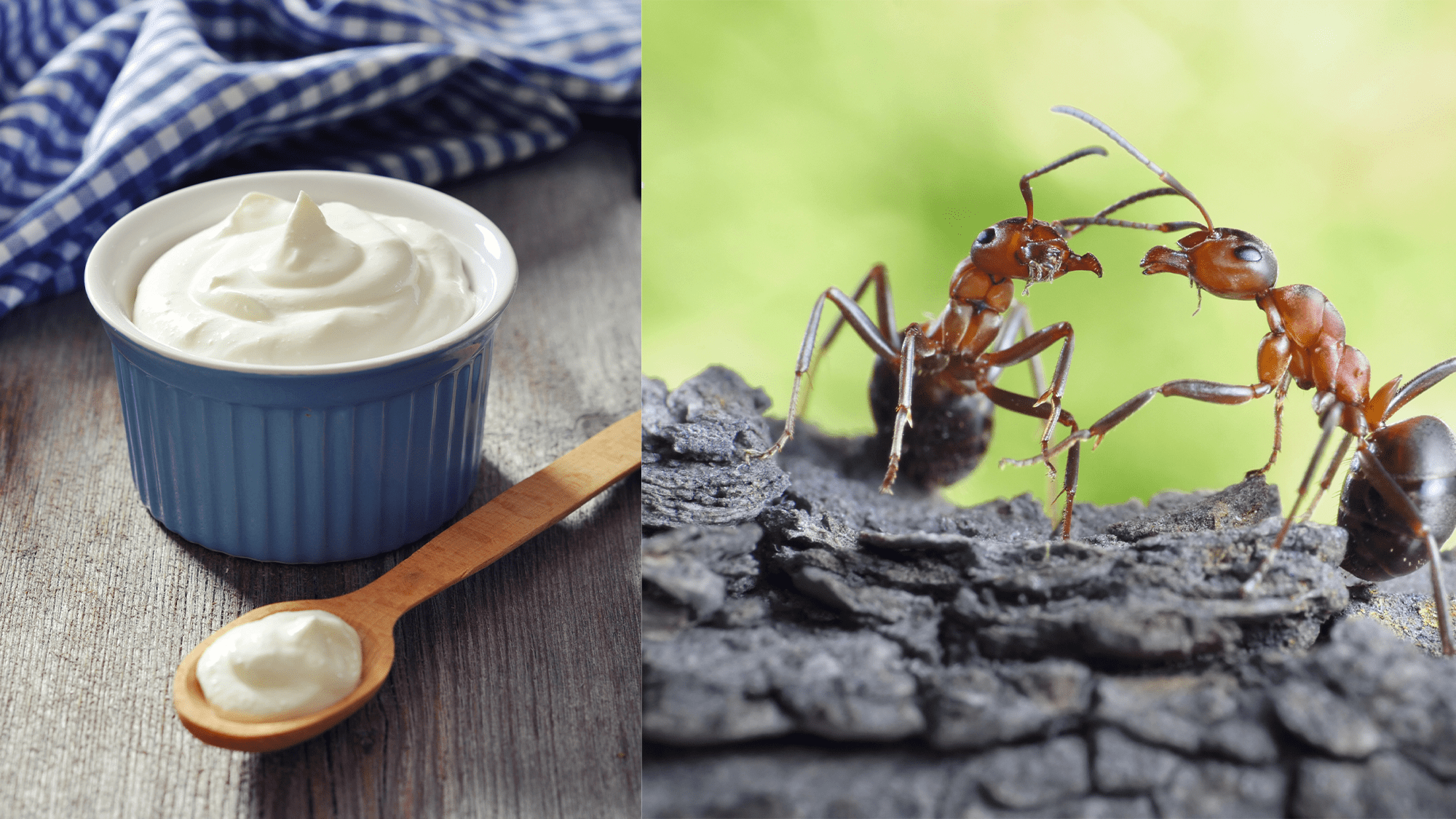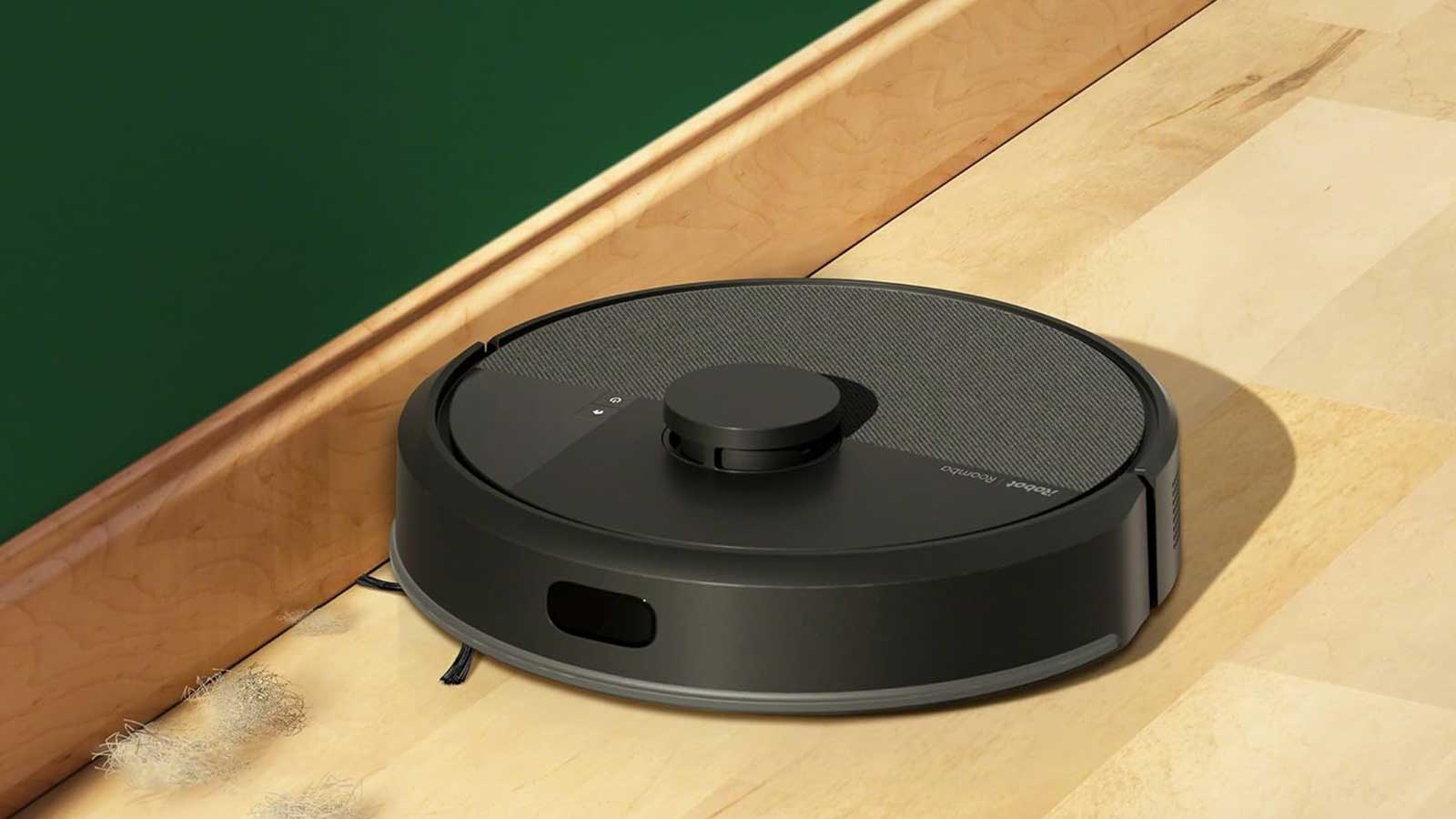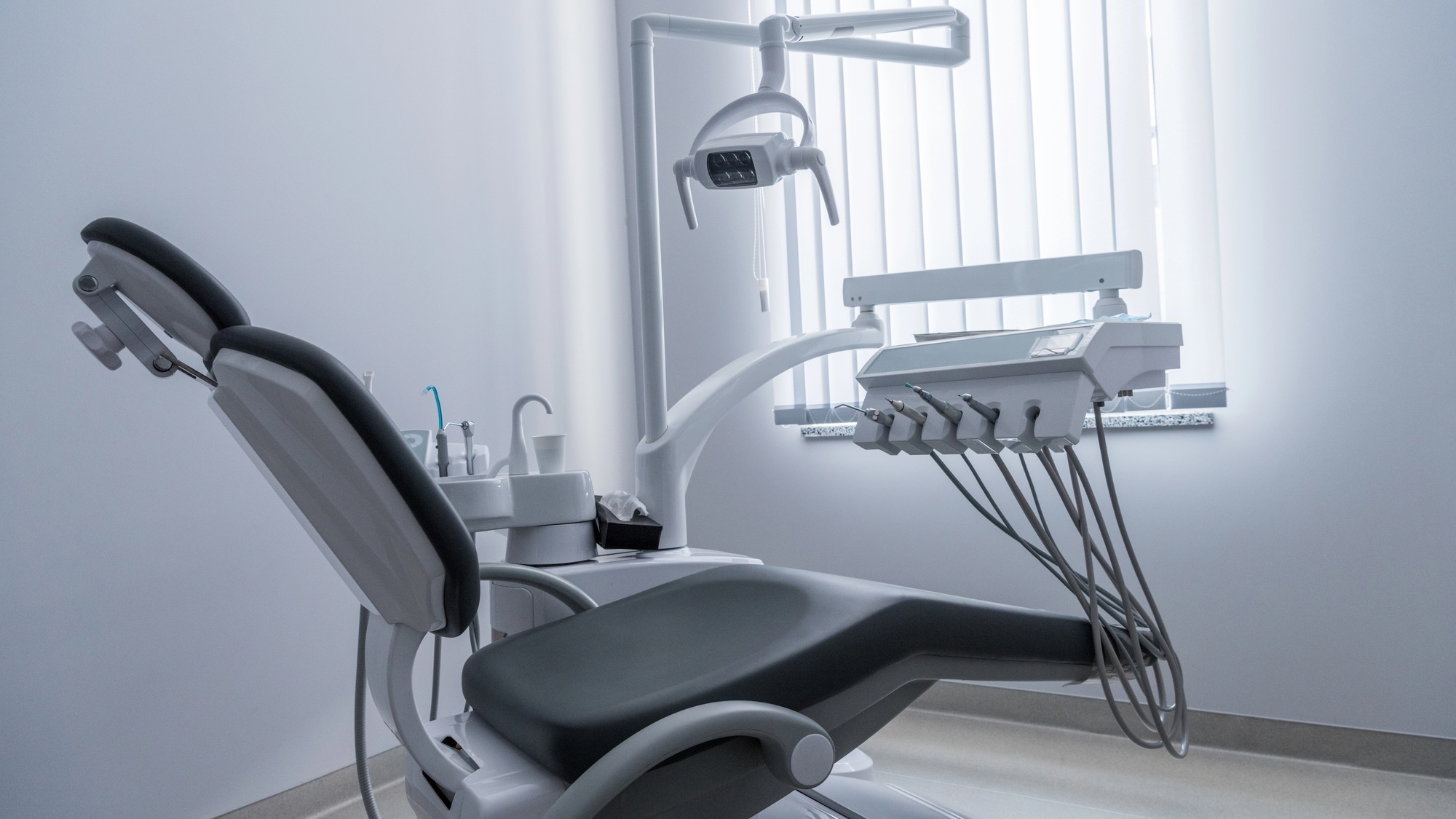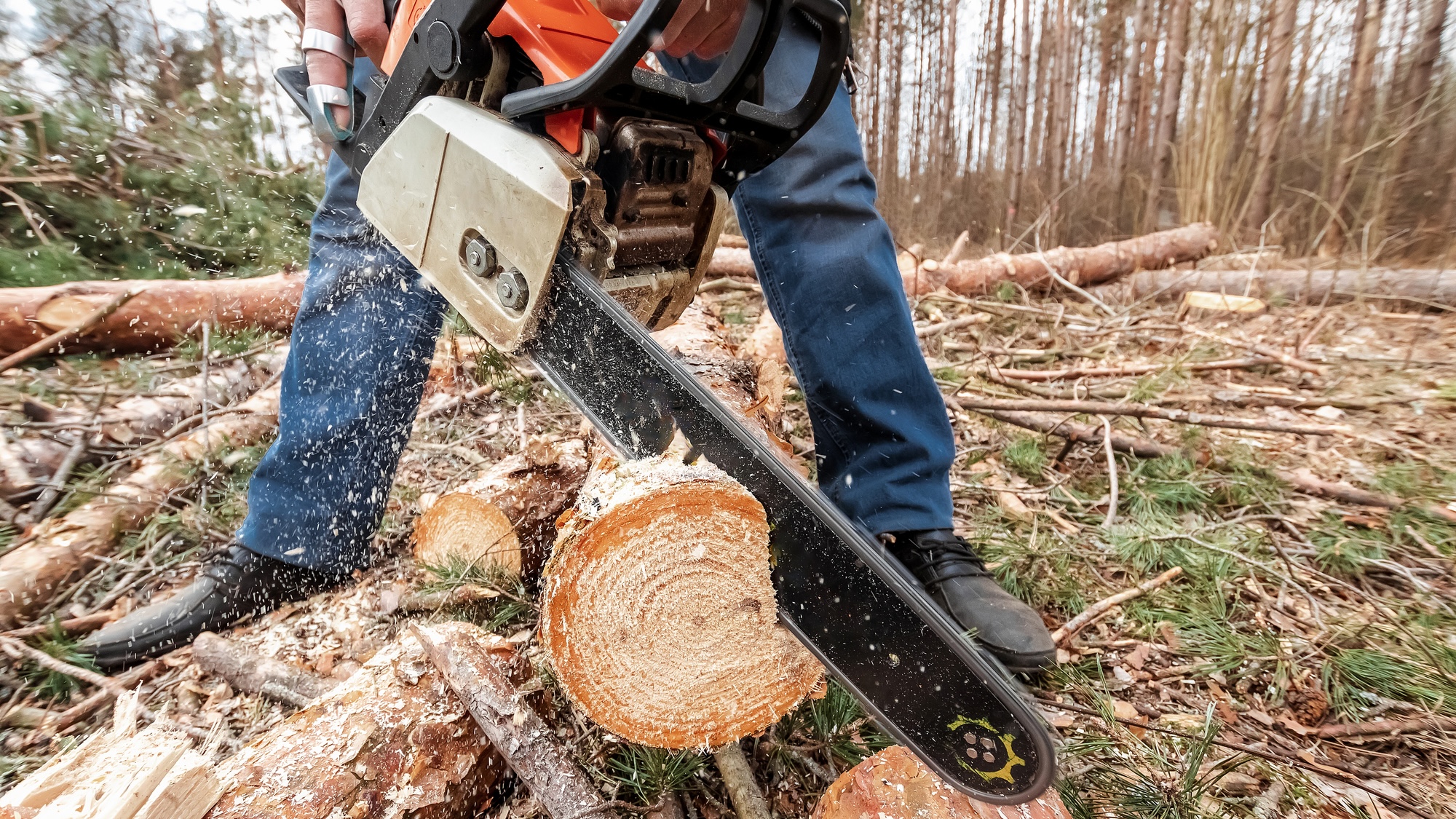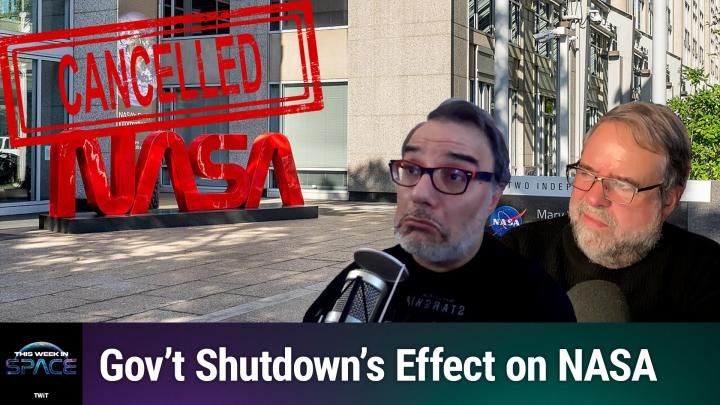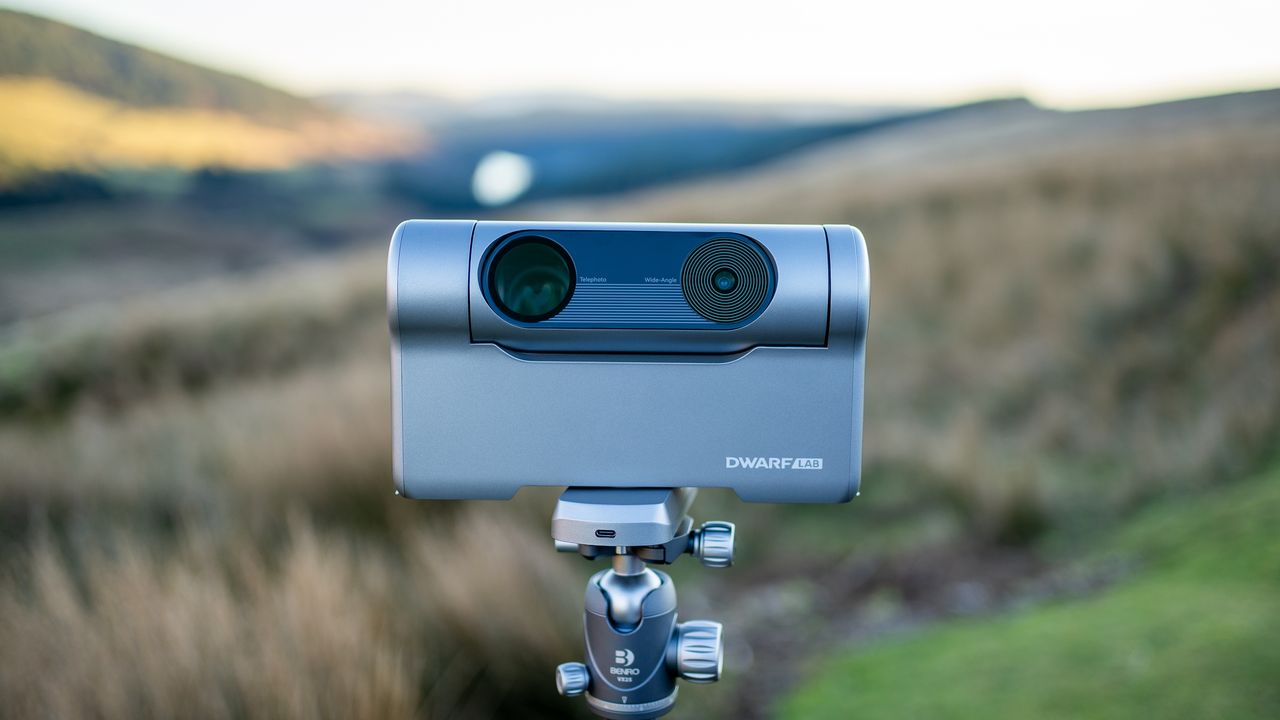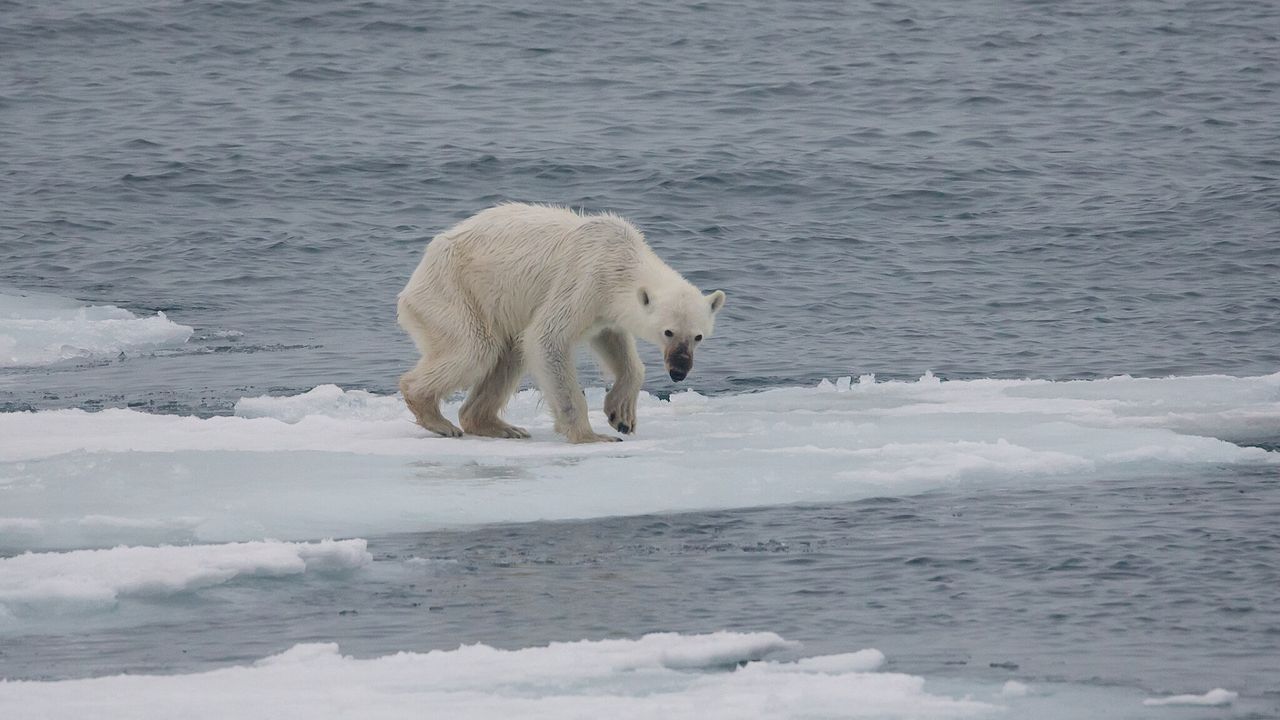How a hatter and railroad clerk kickstarted cancer research
PositiveScience
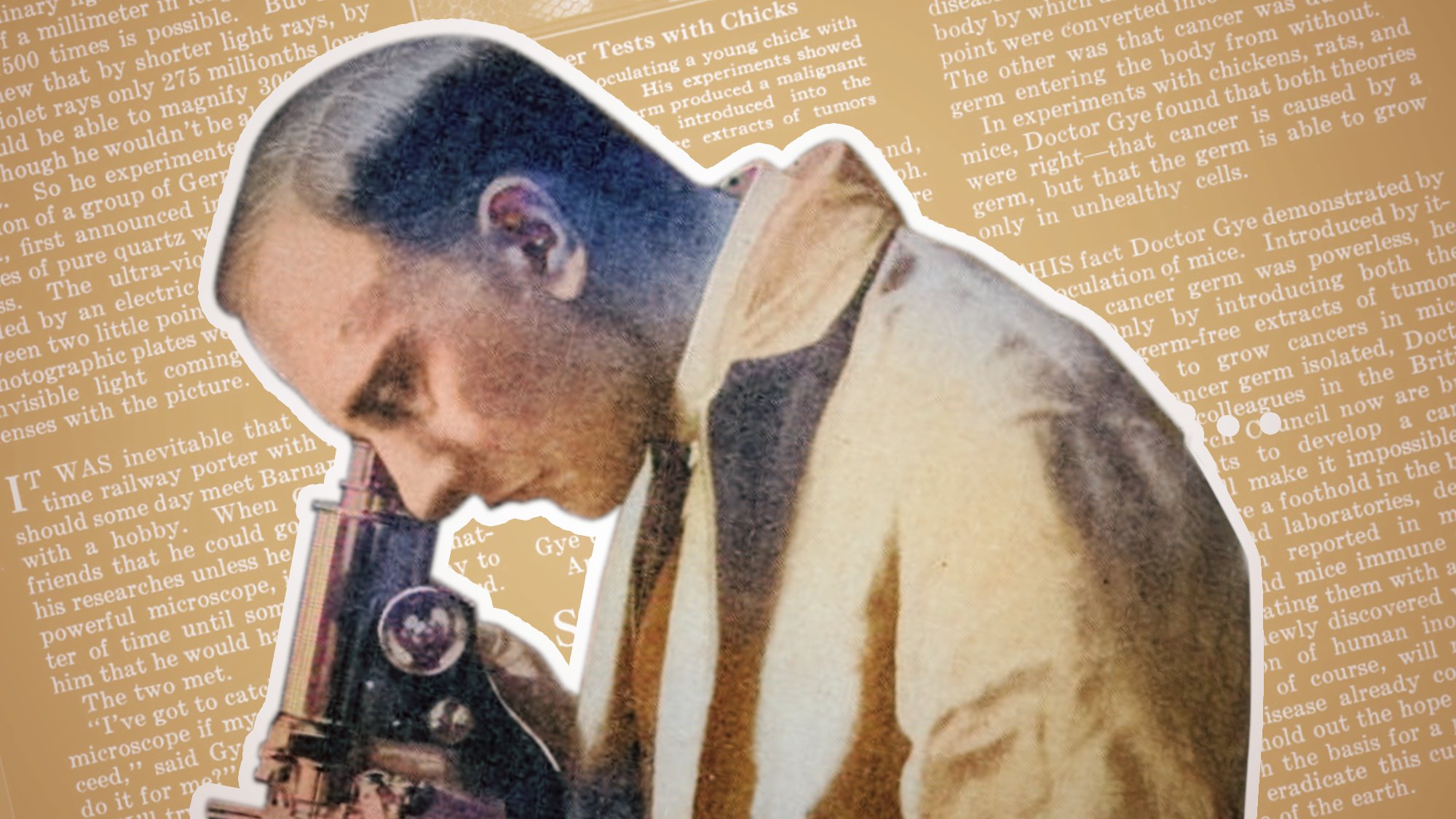
A century ago, an unexpected partnership between a hatter and a railroad clerk led to the groundbreaking discovery of the first cancer germ. This pivotal moment not only marked the beginning of cancer research but also paved the way for advancements in understanding and treating the disease. Their collaboration highlights how innovative ideas can emerge from the most unlikely sources, reminding us of the importance of diverse perspectives in scientific progress.
— Curated by the World Pulse Now AI Editorial System
